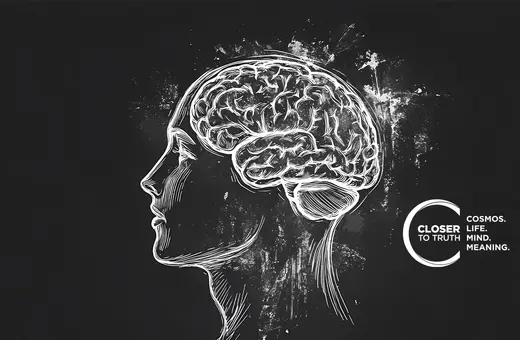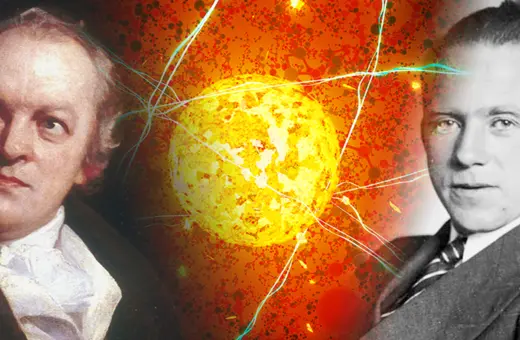From Aristotle to Feyerabend, the history of the philosophy of science can be mapped out across four stages. Systematicity Theory might lead the way to the fifth, writes Paul Hoyningen-Huene.
When discussing a philosophical question, it is sometimes useful to investigate the history of that question and its answers. The question I am dealing with here is: what makes science special? I assume that scientific knowledge is indeed special primarily by being more reliable than other kinds of knowledge, but also better in some other senses.
This question of the special status of science has first been dealt with very soon after science was invented in ancient Greece, having integrated influences from other cultures. In the course of history, the Greek answer had to be seriously modified due to two main factors. First, the sciences developed enormously ever since and a theory of what makes science special had to adapt to this profound change of its subject matter. Second, not only doing science but also thinking about science became more sophisticated, especially regarding what different kinds of logic could and could not achieve in science. In the following, I shall sketch this historical development in order to characterize our current stance with respect to the question of what makes science special.
During the second half of the nineteenth century, however, the belief in the possibility of certain scientific knowledge eroded.
I shall do so by distinguishing four phases or periods. This subdivision of almost two and a half millennia of history of philosophy of science is crude and schematic. It does by no means feature sharp boundaries: the phases are meant to characterize the mainstream answers. We should therefore handle the proposed periodization with a grain of salt.
In the first phase, starting around the times of Plato (about 428–348 BC) and Aristotle (384–322 BC), two fundamental traits of scientific knowledge were postulated. First, the epistemic ideal of absolute certainty of scientific knowledge and, second, the methodological idea of an axiomatic procedure as the appropriate means to realize this ideal. Scientific knowledge conceived in this manner, or with the Greek word, episteme, stands in sharp contrast to mere belief, or doxa. Only episteme, by being certain, qualifies as scientific. Its certainty is derived from being based on true first principles and deductive proofs. The truth of the first principles is, in some (problematic) sense, taken to be evident. Deductive proofs are used to demonstrate the truth of theorems, that is, of propositions derived from the principles. Formal logic as the theory of truth-transferring deduction is developed at the same time (by Aristotle).
It is no accident that at about the same time these ideas emerged Euclidean geometry was codified. This is because Euclidean geometry precisely exemplifies the ideal of scientific knowledge articulated above. It is based on presumedly self-evident axioms, and it proves its theorems by logical deduction from these axioms. Being based on self-evident principles and theorems that are cogently derived from them, geometry presents a kind of knowledge far superior to all other kinds of knowledge and belief. As there was no reason that this kind of knowledge should be restricted to geometry, it was thought to serve as a model for rigorous science in general. From Plato and Aristotle onward and during the Middle Ages, this ideal of scientific knowledge was universally upheld in the Western tradition.
The diversity of the sciences precludes the hope that they are methodically united, unmasking as a myth the idea of a universal scientific method as constitutive of science.





















Join the conversation